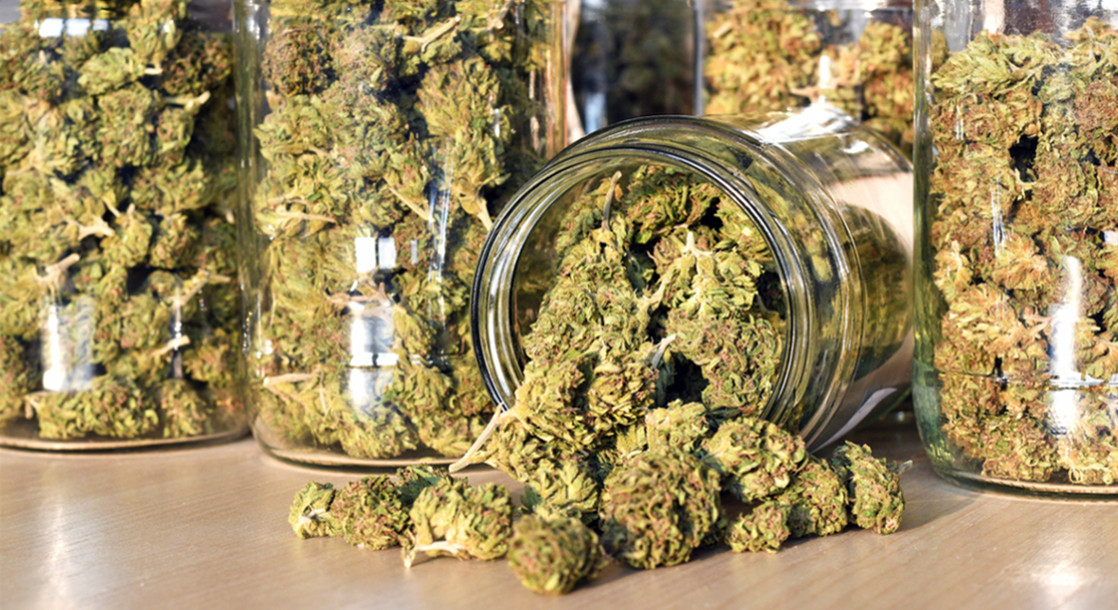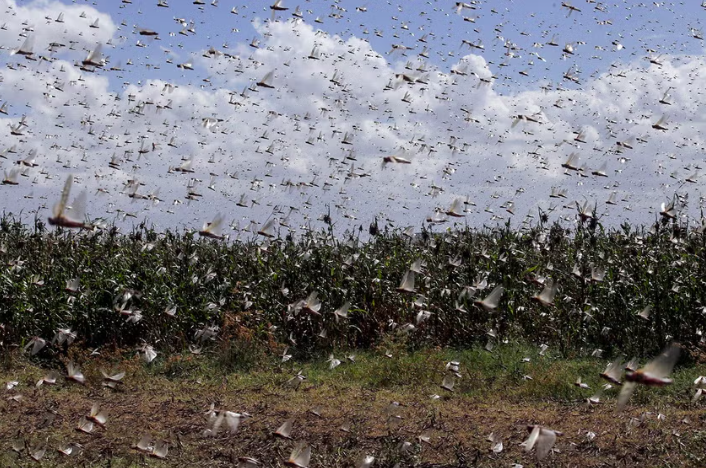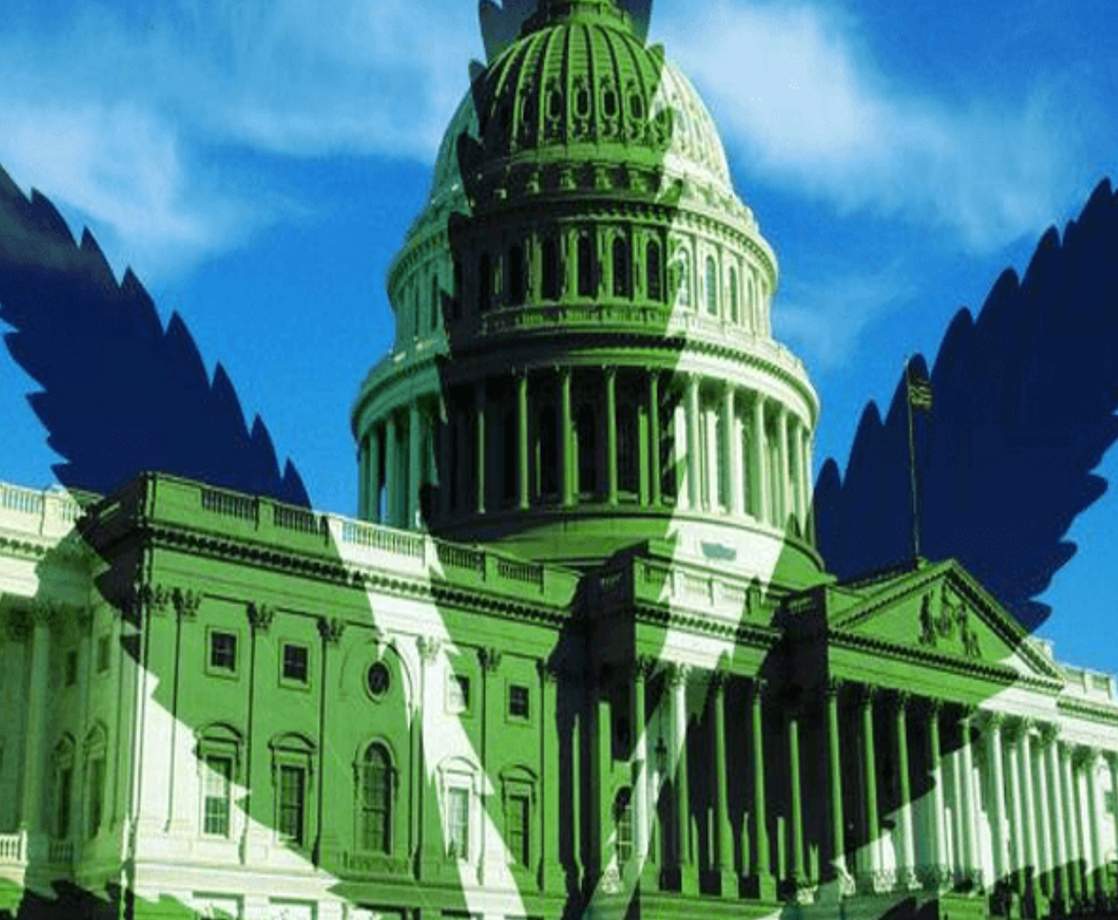Photo via iStock/ UrosPoteko
Legal cannabis businesses in Oregon are having a hard time, but it has nothing to do with law enforcement or legislators. Instead, Beaver State pot shops are feeling the long-term burn of rapid growth and overproduction, a supply-and-demand dilemma that has lead to drastic price decreases in the legal market, financial struggles for dispensaries, and a reinvigorated threat of licensed operators returning to the black market.
Since the Northwest state first legalized the cultivation and sale of adult-use cannabis three years ago, Oregon has been home to some of the country’s most liberal legal weed laws and regulations, with nearly every operator that met basic guidelines approved for a state license. Thanks to that flood of competition and an ideal set of growing and harvesting conditions this past fall, both growers and retail pot shops are overflowing with a backstock of seemingly unsellable bud.
According to a deep dive published last week by the Willamette Weekly, Oregon’s state-approved cannabis growers produced over 1.1 million pounds of dank buds in 2017, despite the state’s annual consumption statistics coming in at a significantly lower 340,000 pounds.
With over half a million pounds of unsold pot, dispensaries across the Beaver State have started dropping prices to bargain-basement discount levels, with a gram of professionally grown flower selling for just $4, and wholesale pounds averaging a measly $700 each, more than 40% cheaper than last year’s harvest.
"Whenever you have these emerging markets, there's going to be a lot of people entering the market looking for profit,” said Beau Whitney, senior economist for cannabis research firm New Frontier Data, to the Willamette Weekly. "Once it becomes saturated, it becomes more competitive. This is not a phenomenon that is unique to cannabis. There used to be a lot of computer companies, but there's not so many anymore."
Given the persistence of oversupply no matter how far pot prices fall, dispensaries are already taking drastic measures, including laying off qualified employees and shutting down businesses entirely.
"The business has been up and down and up and down," Don Morse, who pulled the sheet over his Southwest Portland dispensary four months ago, told the Willamette Weekly. "But in a lot of ways it has just been down and down for dispensaries."
Otherwise out of options, Oregon’s overproduction problem has lead some experts to hypothesise about where the state’s unsold bud might eventually end up, with eyes towards America’s still-thriving black market marijuana trade.
"If somebody has got thousands of pounds that they can't sell, they are desperate," said Myron Chadowitz, a cannabis farmer in Eugene, to the Willamette Weekly. "Desperate people do desperate things."
Earlier this year, U.S. Attorney Billy Williams warned Beaver State cannabis producers about the possibility of federal interference into the state’s legal weed industry if something wasn’t done about the overproduction problem. In the months since, the market still been unable to adjust.
As of press time, Oregon’s cannabis regulatory bodies have not added any new restrictions on statewide cultivation or licensing, suggesting that this year’s harvest could be just as bountiful, and potentially unsellable, as last year’s inventory.











